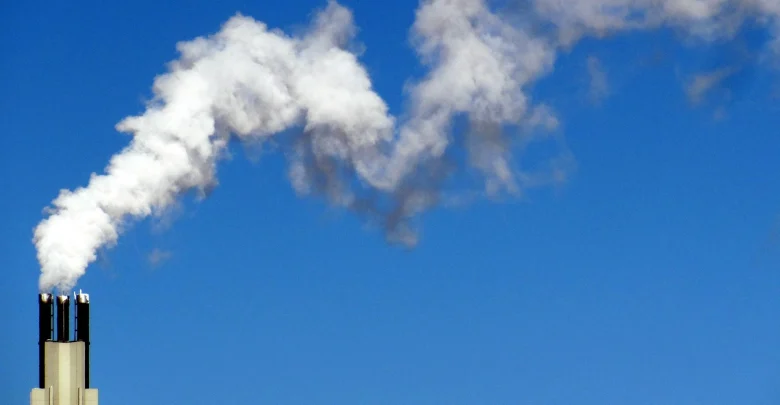Is Your Air Permit Strategy Ready for NJDEP’s New SOTA Standards?

The new State-of-the-Art (SOTA) standards from the New Jersey Department of Environmental Protection (NJDEP) impact facilities operating industrial engines. Issued in December 2023, these revised guidelines enforce stringent emission limits for both compression ignition reciprocating internal combustion engines (CI RICE) and spark ignition reciprocating internal combustion engines (SI RICE). These changes may affect existing air permit strategies, particularly for facilities using older equipment that may no longer meet the stricter requirements.
The updated standards apply to CI RICE units rated at 198 bhp or more and SI RICE units rated at 157 bhp or more, excluding those classified as emergency or black start engines. Facilities that rely on diesel-powered generators, industrial compressors, or gas-fired engines for operations must adhere to updated regulatory requirements under the revised guidelines. These engines are now expected to meet lower emission thresholds for nitrogen oxides, carbon monoxide, volatile organic compounds, and other regulated pollutants. To meet the new standards, facilities may need to install advanced emissions controls such as selective catalytic reduction systems, oxidation catalysts, or particulate filters.
Monitoring and documentation requirements have also been refined. Facilities must conduct stack testing every five years, log run-time and maintenance data, and retain records for inspection. The complexity of these updated SOTA manuals can be difficult to navigate without experienced professionals. Working with an NJ air permit consultant offers direct support in interpreting technical requirements and identifying compliance gaps. A qualified consultant brings regulatory experience that can help facilities adapt quickly and avoid non-compliance.
Without a detailed review of current engines and emission controls, facilities may fail to meet NJDEP permit compliance requirements. A qualified professional can evaluate both CI and SI RICE engines and advise whether they meet the revised limits or need upgrades. This analysis forms the basis for updating air permit strategies and helps facilities stay ahead of enforcement actions or costly retrofits. By taking proactive steps with professional support, facilities can align operations with New Jersey’s renewed commitment to cleaner air.
Read this infographic from Lockatong Engineering to learn more about the updated SOTA standards and practical steps for maintaining NJDEP permit compliance.


